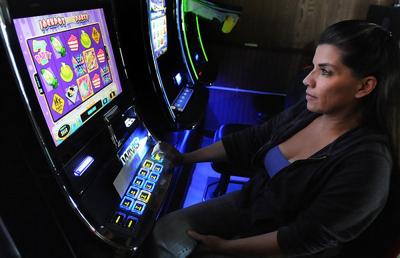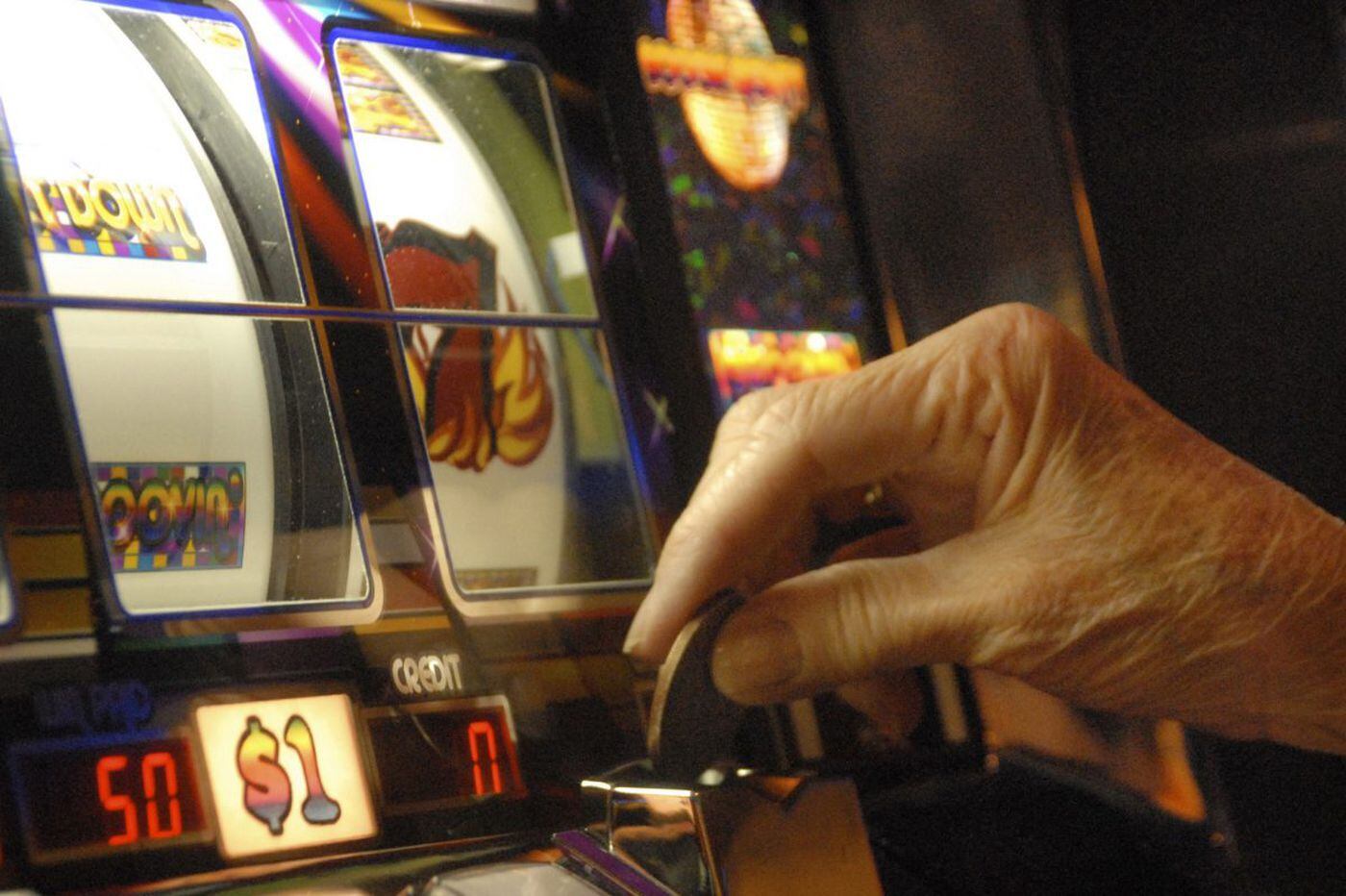Republicans in the Pennsylvania state Senate are pushing for the passage of legislation that would greatly expand gambling options in the Keystone State.
The bar will be part of Stevens plan to open the first five floors of the only 21-and-over casino-resort in Las Vegas on October 28. But don’t expect lap dances at Circa, which will offer a. The reason why is because any bar can apply for a gambling license. The license fees are cheap, and this is a good way to bring in more customers and keep them entertained. Unlike tribal casinos, bars and other liquor establishments are limited on how many video lottery terminals they can have.
- Gambling Legislation In Pennsylvania Could Put Slot Machines In Bars Would Allow Any Business With A Liquor License To Operate Slots, But Ban Certain Gambling Machines Currently Used In Other.
- Las Vegas casinos get permission to reopen their bars under pandemic limits despite data suggesting casinos may be pandemic petri dishes.
According to an Associated Press report, the bill would allow slot machines in bars, restaurants or any business that possesses a liquor license. It is being touted as a way for local governments to increase tax revenue at a time when they are strapped for from pandemic-induced lockdowns which have predictably stifled economic activity.
Along with expanding the number of businesses eligible for video gaming terminals, it would also ban a specific type of unregulated game that pays cash rewards found in certain businesses like pizzerias, grocery stores, and other businesses without a liquor license.
The bill is opposed by Pennsylvania casino owners and Pace-O-Matic, a Georgia-based company that is responsible for producing the majority of the games that would be banned under the legislation.
It is supported by the Pennsylvania Licensed Beverage and Tavern Association, a trade association for bars and restaurants.

Gambling Barstool
Gov. Tom Wolf, a Democrat, opposes the bill in its current form. Wolf believes that his state already has enough gambling options and worries that the state lottery could lose money from this type of expansion.
Senate Majority Leader Jake Corman told the AP that it’s not about expanding gambling, but about stifling unregulated forms of gambling. It’s a common argument for advocates of gambling expansion legislation.
“The overall goal is to bring into the light the tens of thousands of unregulated games of skill and VGT devices that are out there in Pennsylvania today,” Corman told the AP.
While against the bill as a whole, it is reported that Wolf is willing to take steps to ban games targeted in the legislation. By his own estimates, he believes those machines are siphoning $200 million annually from the Pennsylvania lottery.
A vote on the bill has not been scheduled at this time.
Illinois Gambling In Bars
- Casino Gambling: Not Legal
- Tribal Gambling: Legal
- Poker: Legal
- Horse Racing Betting: Legal
- Dog Racing Betting: Not Legal
- Lottery: Legal
- Daily Fantasy Sports: Not Legal
- Charitable Gaming: Legal
- Social Gambling: Legal
- Online Gambling: Not Legal
Montana has some of the country’s most-liberal laws on charity and social gambling. They also offer tribal casinos, horse racing, legal sports betting, and a lottery.
Overall, Big Sky Country has more than enough gaming options for its small population.

But one thing you won’t be able to enjoy is online gambling. Montana is one of the few states that explicitly bans internet gaming.


Is there any way around this law for Montanans? Are there stiff punishments for anybody caught playing online casino games in the state?
Find out as we take a deeper look at Montana’s gambling laws and review what you can expect from their gaming industry.
Montana has one of America’s lowest population densities, with 1.033 million people spread out across 147,000 square miles. This is why we’re surprised that Montana offers 292 different gambling establishments.

The vast majority of these operations consist of video gaming machines found in bars and restaurants. Video gaming is actually a big source of tax revenue for Montana, generating approximately $60 million in taxes every year.
Montana’s other big source of gaming revenue is the lottery, which sells $60 million in tickets per year. While this is the lowest amount out of all 45 states with a lottery, the Montana Lottery still generates $14 to $15 million for their General Fund.
- Age Requirements: 18
- Approximate Annual Gambling Revenue: $1 billion
- Approximate Annual Gambling Taxes: $120 million
- Number of Commercial Casinos: 0
- Number of Poker Rooms: 0
- Number of Tribal Casinos: 6
- Casino Regulatory Body: Montana Gaming Control Division
- Lottery National Rankings: 45th